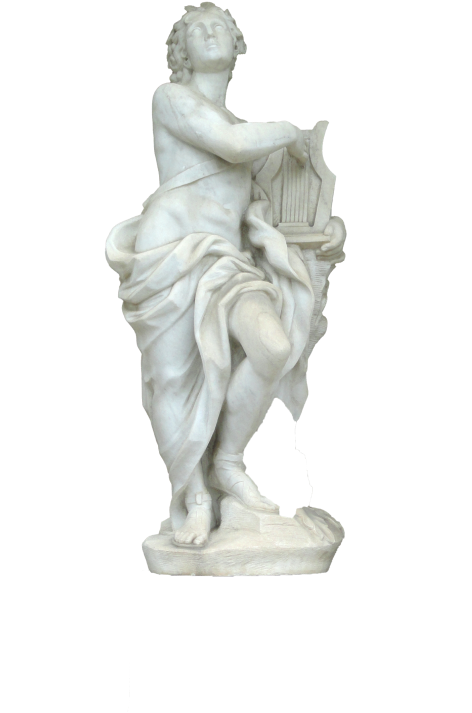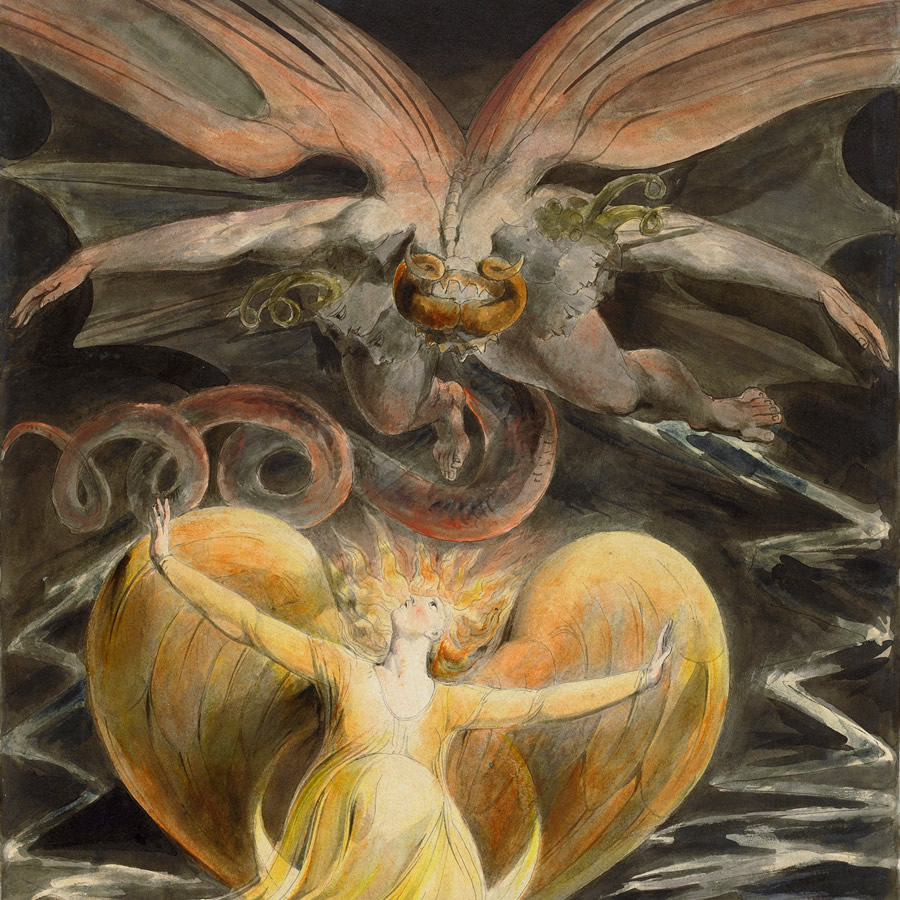Composition
-
Featured
Notes on Boulez
The history of music proceeds from Bach, through Haydn, Beethoven, Wagner, Mahler, and then via Schoenberg and Webern to Stockhausen and me. All else is irrelevant. —Pierre Boulez More of this type of cultural warfare can be found in Orientations (Harvard University Press, 1986). It is the core idea of modernism: music history as one single line…
-
Featured
The Red Roots of Folk Music
The project of European high modernism in music has not looked kindly on “insular” rummaging forays into local folk music, especially on the Celtic fringe. The very localism of this instinct is an affront to the cosmopolitan sophistication which the international avant-garde was to develop over time.
-
Featured
Conservatism and the Conservatory
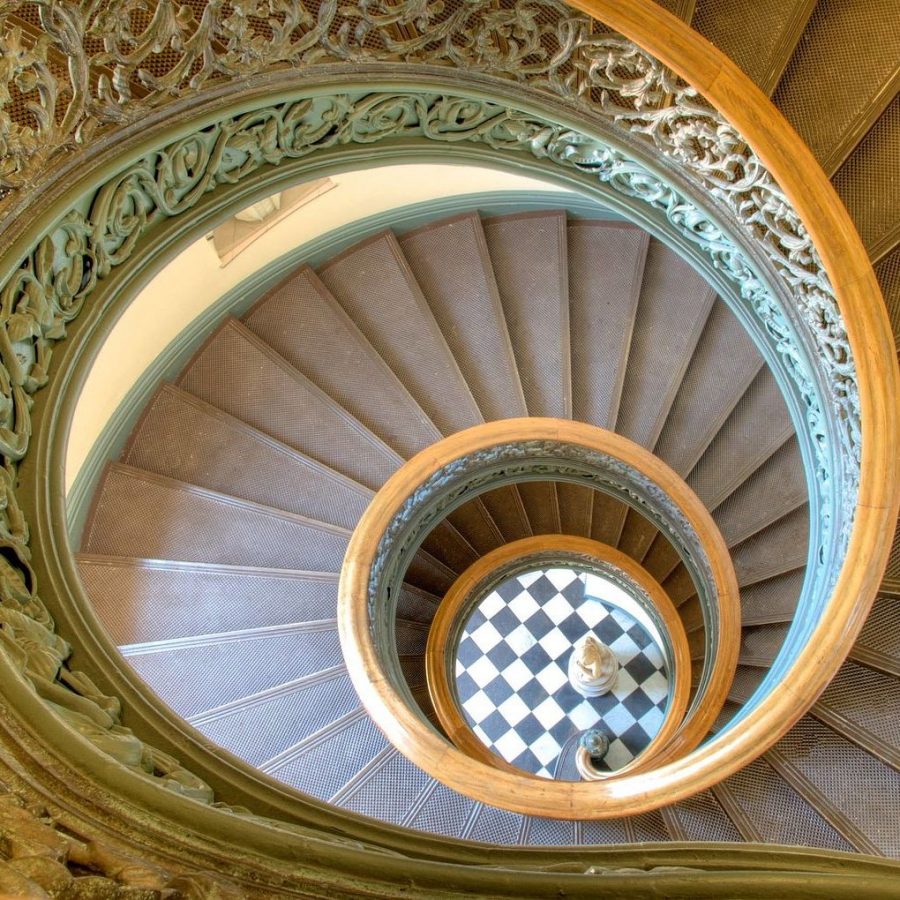
The observation is often made that political conservatives do not have anything much to say about the arts, but that is not the whole truth.
-
Featured
The Music of Love

Revolution has been the slogan and banner for generations of creative idealists. But they seem more concerned with a love of transgression than of life.
-
Featured
Counterpoint and Why It Matters
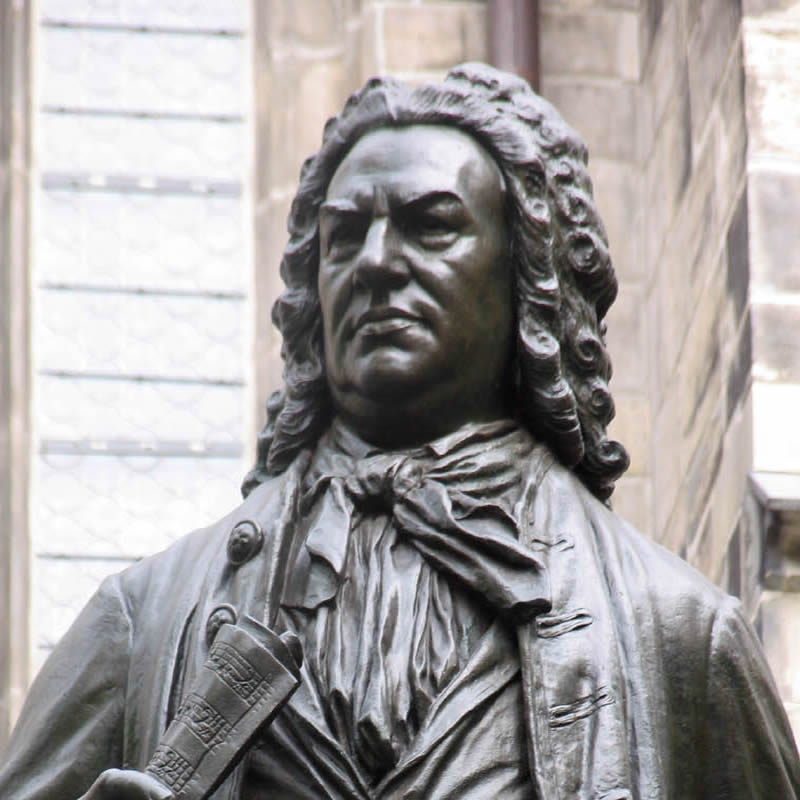
Counterpoint in music is like rhyme in poetry: it holds disparate things together in a unity, and at the same time it shows that unity is not simple but composed.
-
Featured
The Hope of Beauty
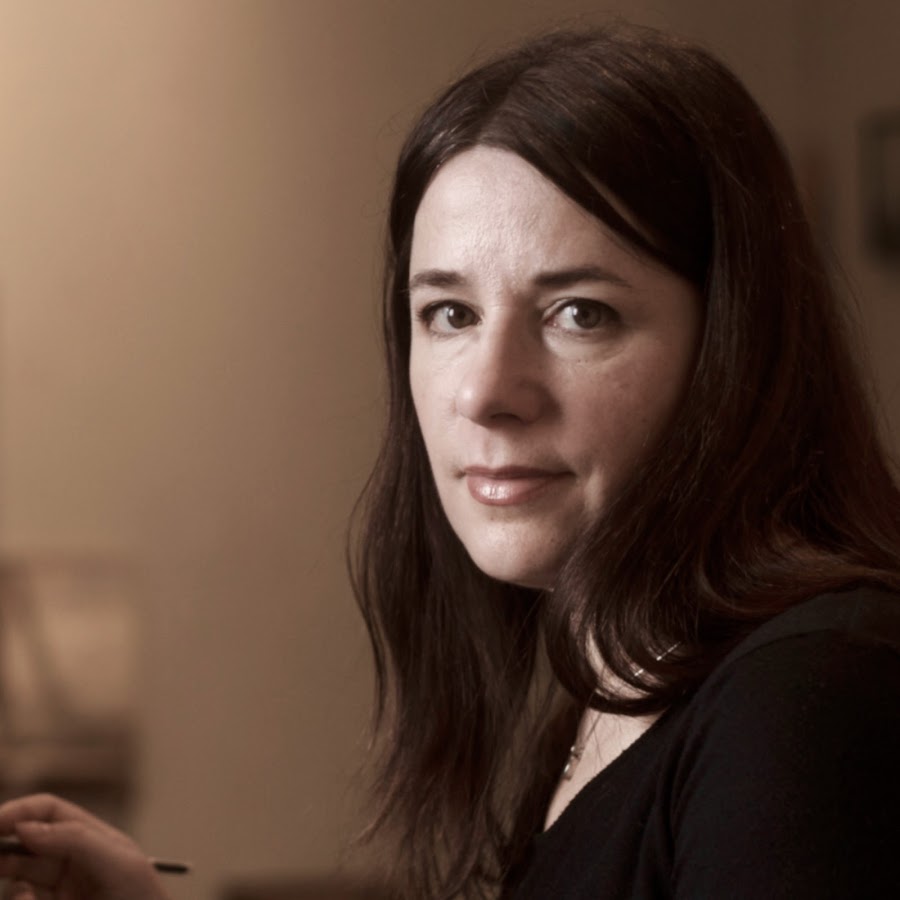
The sort of art that lives eternally is that which captures astonishing, spine-chilling, breathtaking, transforming beauty.
-
Featured
The Enduring Presence of the Past
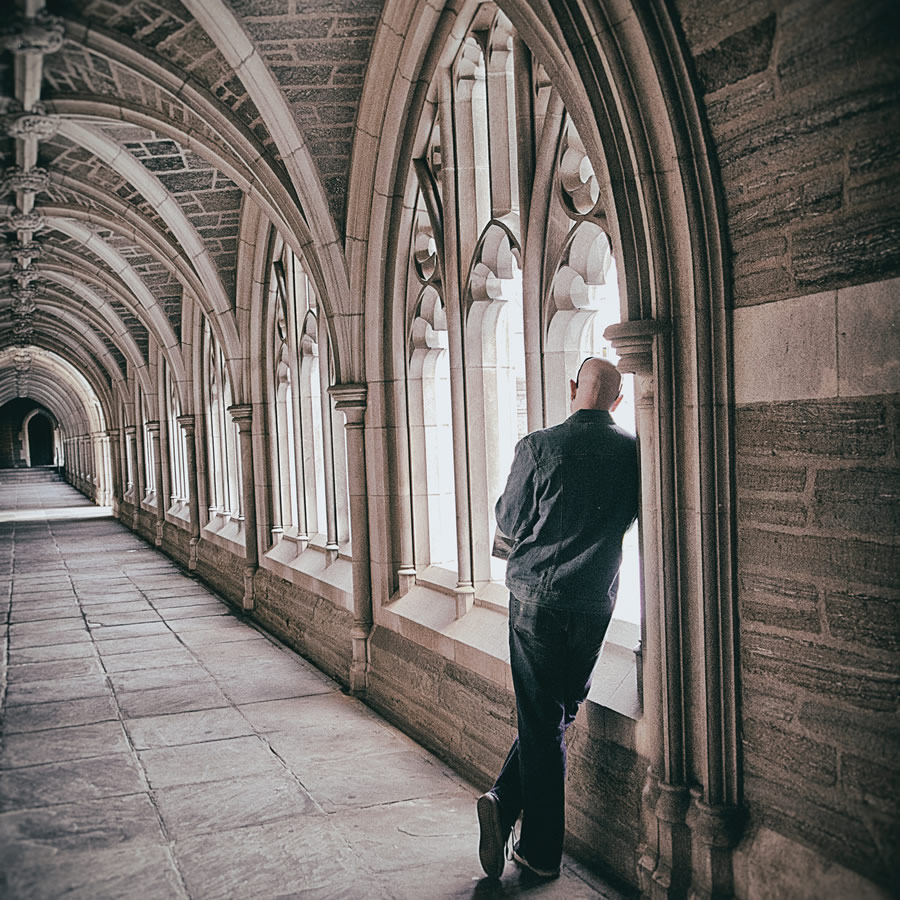
Engagement with the riches of a culture is a learning process which develops our capacity to make value judgments.
